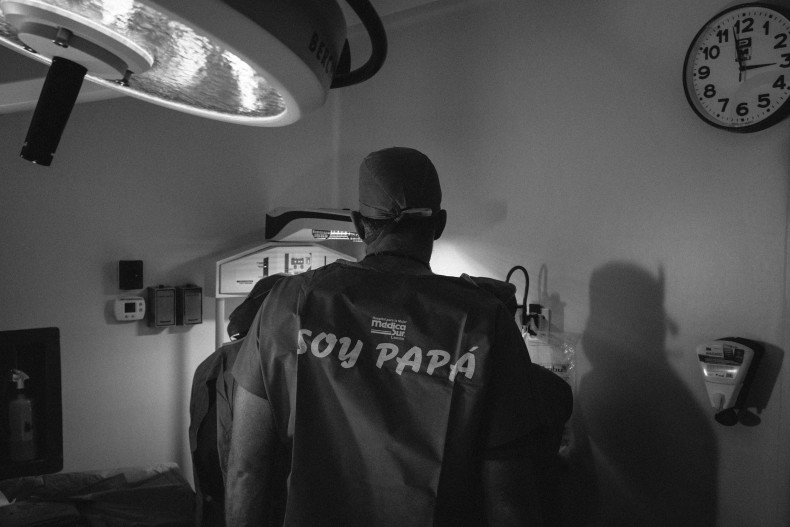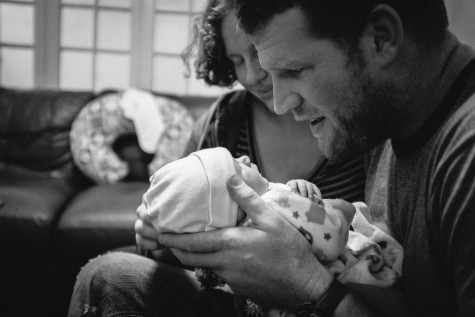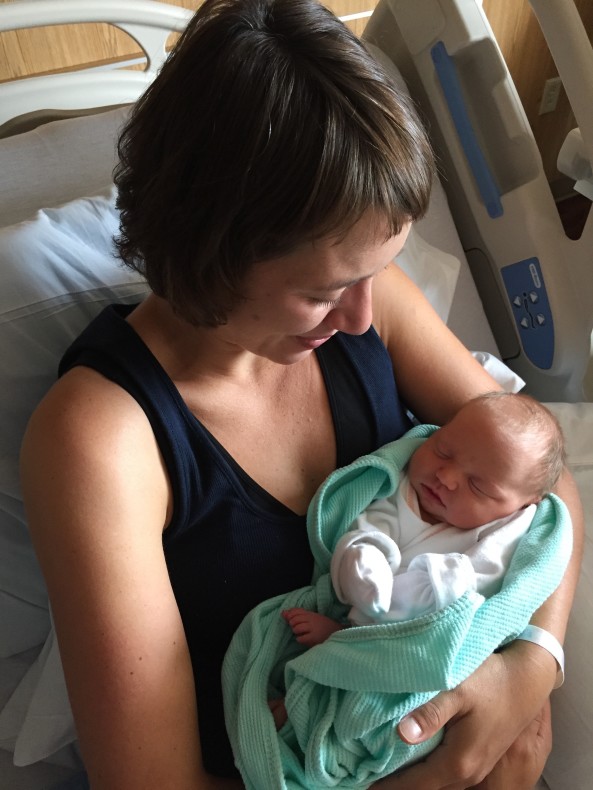 At 1:11 AM on Monday the 23rd, I woke up in my hotel room to the sound of my cell phone beeping softly.
At 1:11 AM on Monday the 23rd, I woke up in my hotel room to the sound of my cell phone beeping softly.
It had been a rough couple days. I was in Los Cabos, Mexico waiting for a weather window to take a research vessel out to a series of islands off the coast. The whole team was ready but nature had not been cooperating. Two successive tropical storms, Rick and Sandra, had caused havoc with our departure time. For the last four days we had waffled every few hours between “wait” and “GO!”
To make matters worse, I was running out of time. My wife was pregnant with our first child and her due date was about two weeks off. Our doctor had assured us (as best as any doctor can) that the baby was going to be either on time or late. But if we didn’t leave soon, I would be cutting it too close to get back in time.
So when I heard the phone early on my second night in Cabo, I figured it was the photographer giving an update on the storm. Instead, I saw a message from my friend Meghan back in Mexico City.
“Tranquillo. Your wife is fine and the contractions haven’t started but it is best that you wake up!” There were a bunch of other short texts attempting to wake me up. Still groggy, I scrolled down a bit to this one.
“I’m actually realizing these texts might be the first thing you see so I’m just gonna explain that Liz’s water broke and she is fine (very very relaxed) and the contractions have not started as of the sending of this message however she would like to talk to you as your son is preparing for his grand arrival.”
Continue reading →








